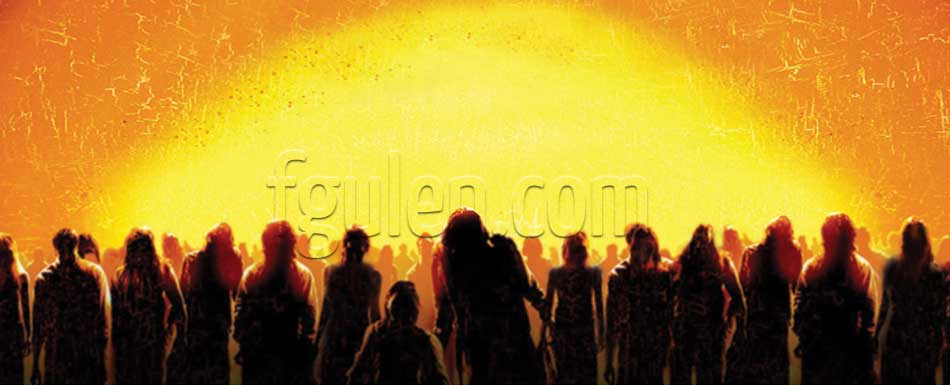Does the Gülen Movement use its strength to dominate Turkish political life or to exert undue influence on a whole social field?

No, quite the contrary. The Gülen Movement strives to perform a modernizing role within institutions and societies. It has contributed to the creation of common public spaces in which an agreement can be reached to share the responsibility for a whole social field beyond one party’s interests or positions. Greek Patriarch Bartholomew’s comment confirms this: “In Turkey, Christians, Muslims and Jews live together in an atmosphere of tolerance and dialogue. We wish to mention the work of Fethullah Gülen, who more than ten years ago began to educate his believers about the necessity for the existence of a dialogue between Islam and all religions.”[1]
The moral dimension of these issues and the successful provision of services that transcend any one party’s interests or positions, raise awareness and so fuel reflection and discussion. This indicates a cultural change that is already under way in Turkey. Some militant secularists in the army and the old elite structure see this change as an assault on their interests, or an attempt to change the power relationships in the political system, and thereby to gain influence over political decisions.
However, in contrast to the action typical of an elite, the Gülen Movement promotes an apolitical, highly tolerant and open regeneration of faith-inspired values, focused on education, democracy, tolerance and the formation of civil society. Participants and supporters of the Gülen Movement are at ease with their Islamic heritage at the same time as taking part in a modern, technologically oriented society that is part of the global system.
[1] Bartholomew, Islam, Secularism and Democracy: The Turkish Experience. From the “Message of His All Holiness Ecumenical Patriarch Bartholomew to the Abant Platform”. Washington DC, April 19–20, 2004.
- Created on .
